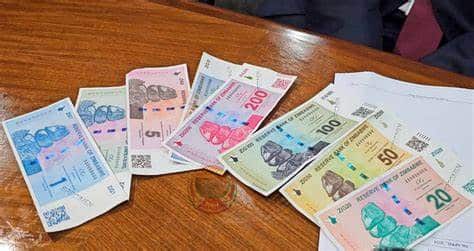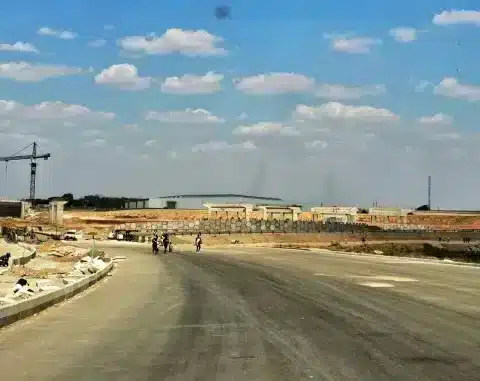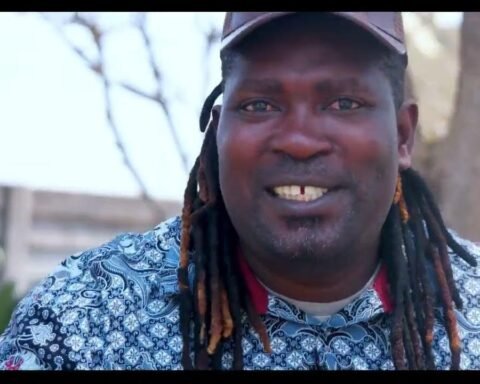Four residents of Shurugwi, Zimbabwe, who were physically tortured by Zimbabwe National Army (ZNA) officers during the Covid-19 lockdown, have won a legal battle against the army commander and the Defence minister, securing a combined US$40,000 in compensation.
Grant Zinyuke, Moreblessing Ncube, Batler Jabangwe, and Mavhuto Kachepa successfully sued Defence Minister Oppah Muchinguri and ZNA commander Lieutenant-General Anselem Sanyatwe for damages resulting from the torture they endured in 2021.
The incident occurred three years ago when soldiers reportedly went on a rampage and brutalised the civilians during a government-imposed national lockdown.
The case was heard at Shurugwi Magistrates Court, where Sanyatwe and Muchinguri were convicted. The plaintiffs, represented by Prisca Dube and Jabulani Mhlanga of Zimbabwe Lawyers for Human Rights, argued that the soldiers’ conduct was unlawful and that Sanyatwe and Muchinguri should be held vicariously liable for their actions.
Each of the four residents suffered significant injuries. Grant Zinyuke sustained swelling on the forehead, lacerations on the upper lip and nose, bruises on his back, and lost some teeth. Moreblessing Ncube suffered severe swelling on his face, forearms, and bruises all over his back.
Batler Jabangwe, a Shurugwi City Council employee, was assaulted while performing his duties, resulting in injuries that still affect him today. Mavhuto Kachepa’s right leg was broken in two places, and he sustained swelling and lacerations all over his body.
The presiding magistrate, Patricia Gwetsayi, ruled that Muchinguri and Sanyatwe should pay compensation to the victims. Grant Zinyuke was awarded US$10,000, while Mavhuto Kachepa received US$12,000. Batler Jabangwe and Moreblessing Ncube were each awarded US$8,000.
The compensation covers damages for pain and suffering, trauma, nervous shock, and medical expenses incurred during treatment.
This case highlights ongoing concerns about human rights abuses in Zimbabwe, particularly during the enforcement of Covid-19 lockdown measures.








